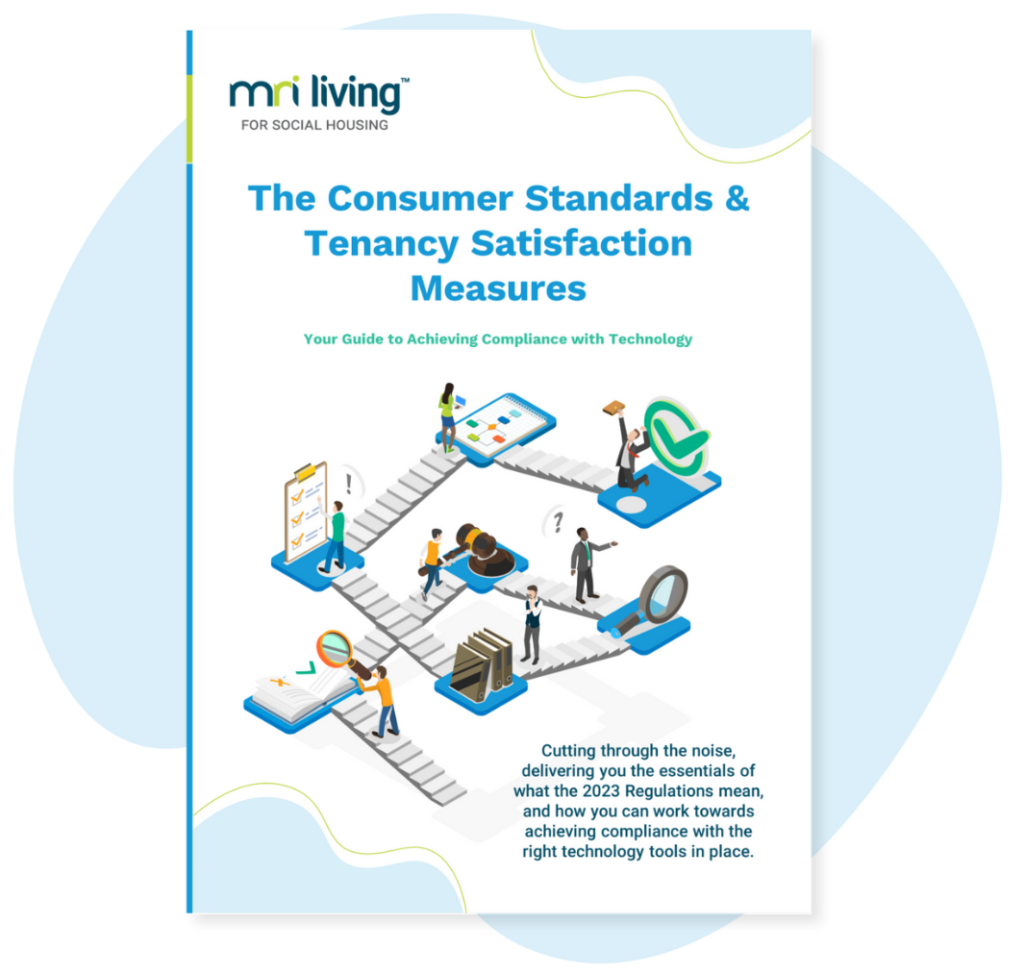The role of housing providers in tackling domestic abuse
Domestic abuse is not a fringe issue; it ruins families, permeates communities and is happening on many of our streets up and down the country. Since the lockdown, domestic abuse cases have skyrocketed; frontline and leadership teams across the sector are having to learn and adapt quickly.
In 2017/18, 2 million adults across England and Wales experienced domestic abuse and in the UK today, 2 women each week are killed by an abusive partner or ex-partner. The criminal aspect of incidents can make it easy to view as a matter for the criminal justice system to solve in partnership with a specialist response. However, this is just where survivors of domestic abuse can fall through the cracks.
Housing providers are uniquely placed amongst organisations to intervene in suspected cases of domestic abuse by establishing relationships with victims and ensuring their safety. 85% of domestic abuse victims will seek help an average of five times in the year leading up to when they receive effective support to stop the abuse; having clear records of these interactions is key to protecting those involved. Technology has a role to play in addressing suspected cases, being used by housing providers to show a clear trail of evidence, disseminate information and report on incidents.
Dr Kelly Henderson, Co-Founder of Domestic Abuse Housing Alliance (DAHA) and co-author of the forthcoming book, ‘Domestic Abuse – Policy into Practice’ identified one of the main hurdles that housing providers need to overcome in order to tackle domestic abuse in their homes as the reporting and strategy implementation of the issue. Her research found that 65% of housing providers didn’t treat domestic abuse as an issue in its own right. It often sits under the same remit as antisocial behaviour (ASB), opening it up to be treated as a nuisance, in which the victim and perpetrator are effectively treated as equals.
Housing Partners, now part of MRI Software developed a domestic abuse and ASB case management system alongside Housing Association, Gentoo. The Streetwise solution establishes patterns for housing officers and safeguarding teams, which can then be evidenced to third parties, such as the police. Any interactions or incidents that occur can then be recorded on the system against a case to build up a much fuller picture of an individual or household.
Streetwise customer, Poplar HARCA have adopted a proactive and victim-led approach to domestic abuse, which prioritises removing perpetrators of abuse from their homes and from their estates by seeking injunctions in partnership with the police.
Chelsea Kelly, Poplar HARCA’s Head of Community Safeguarding describes how they protect their customers:
“Poplar HARCA recognise that domestic abuse has a significant impact on those who experience it. We feel that often survivors are faced with the option of leaving their own home and seeking emergency accommodation which can be highly disruptive to their life. We feel that there should be an alternative. By working with survivors of domestic abuse, we help them to obtain legal orders to remove the perpetrators from their home. This could be a Non-Molestation Order or an Occupation Order; allowing the survivor to remain at the home and meaning the perpetrator needs to seek alternate accommodation.”
To evidence their decisions, Poplar HARCA uses complaints from neighbours, criminal damage reports and community impact statements, as well as their own records to ensure that the abuser is removed but the victim does not need to go through the trauma of giving evidence unless they choose to. Streetwise gives officers the tools to join the dots in patterns of behaviour and keep in contact with the victims on how their case is progressing. By centralising ‘isolated’ incidents and flagging up repeat disturbances, officers have the tools at their hands to create safer communities and homes.
MRI Software supports its customers in providing the support needed to help families escape abuse. Director of Finance, Lesley Westwood sees the Streetwise module as having the ability to help curb this behaviour. Speaking on the current climate and the lessons society can learn from the escalation in domestic abuse cases, she explains:
“Sadly, one of the many negative impacts of Covid-19 has been an increase in domestic violence. Lockdown has and will continue to intensify tensions within homes; it has been reported by one customer that domestic abuse cases have nearly tripled during this period. Our Streetwise solution supports landlords by keeping records and enabling them to evidence where interventions need to be taken. Domestic abuse risk is not static. Streetwise offers a chronological record of incidents, enabling officers to adopt a personalised approach to support.”
As of April 2021, there will be new legislative obligations for local authorities to support victims of domestic abuse. For housing providers, the time to act is now; to stamp out this toxic behaviour that has lasting ramifications for those who experience it and reverberates through communities.
The Consumer Standards and Tenancy Satisfaction Measures: Your Guide to Achieving Compliance with Technology
Cutting through the noise, delivering you the essentials of what the Consumer Standards and Tenancy Satisfaction Measures 2023 Regulations mean, and how you can work towards achieving compliance with the right technology tools in place. New regulatio…

